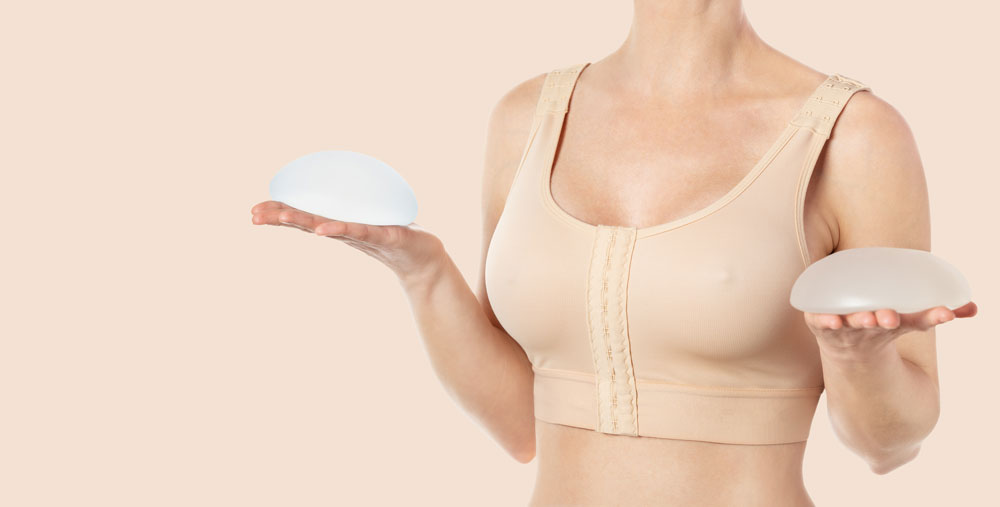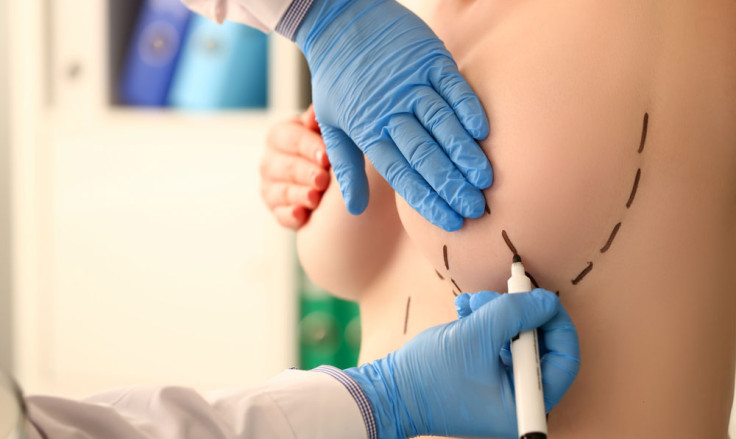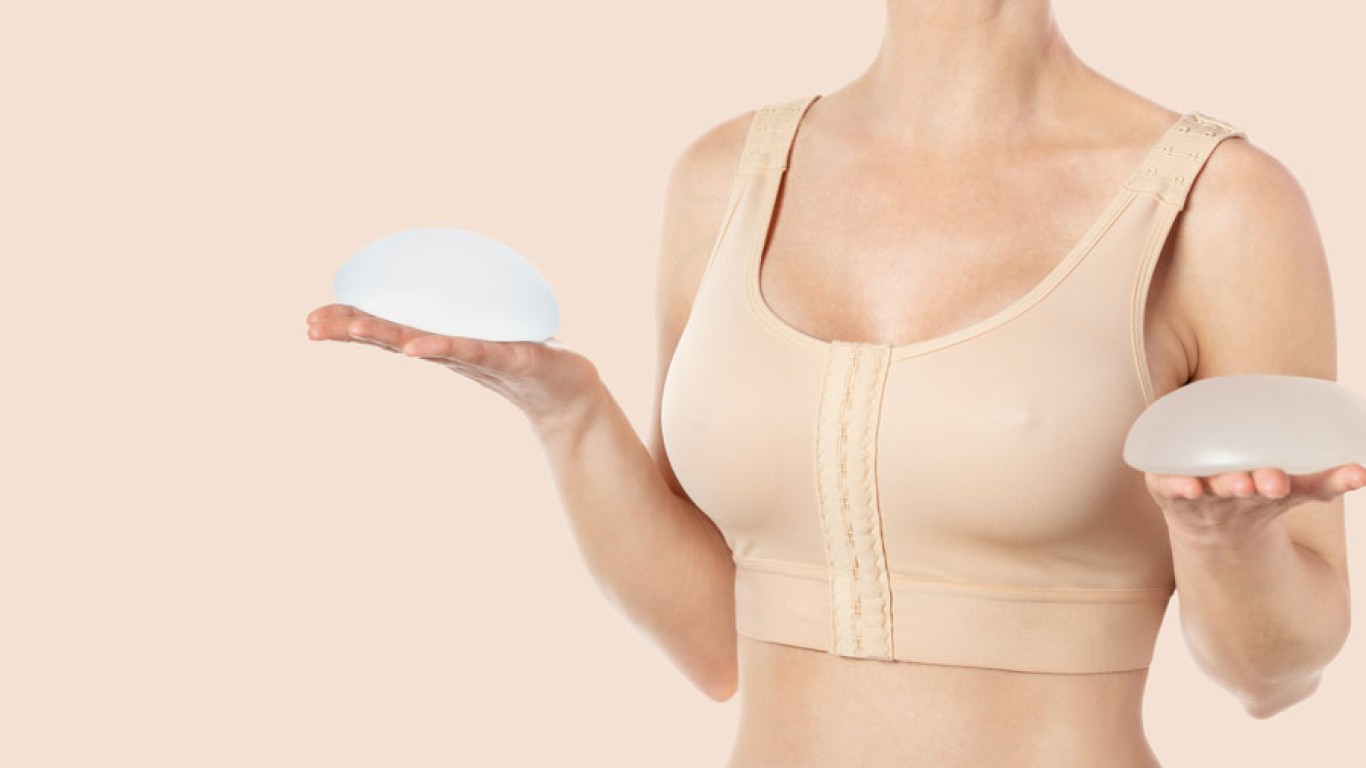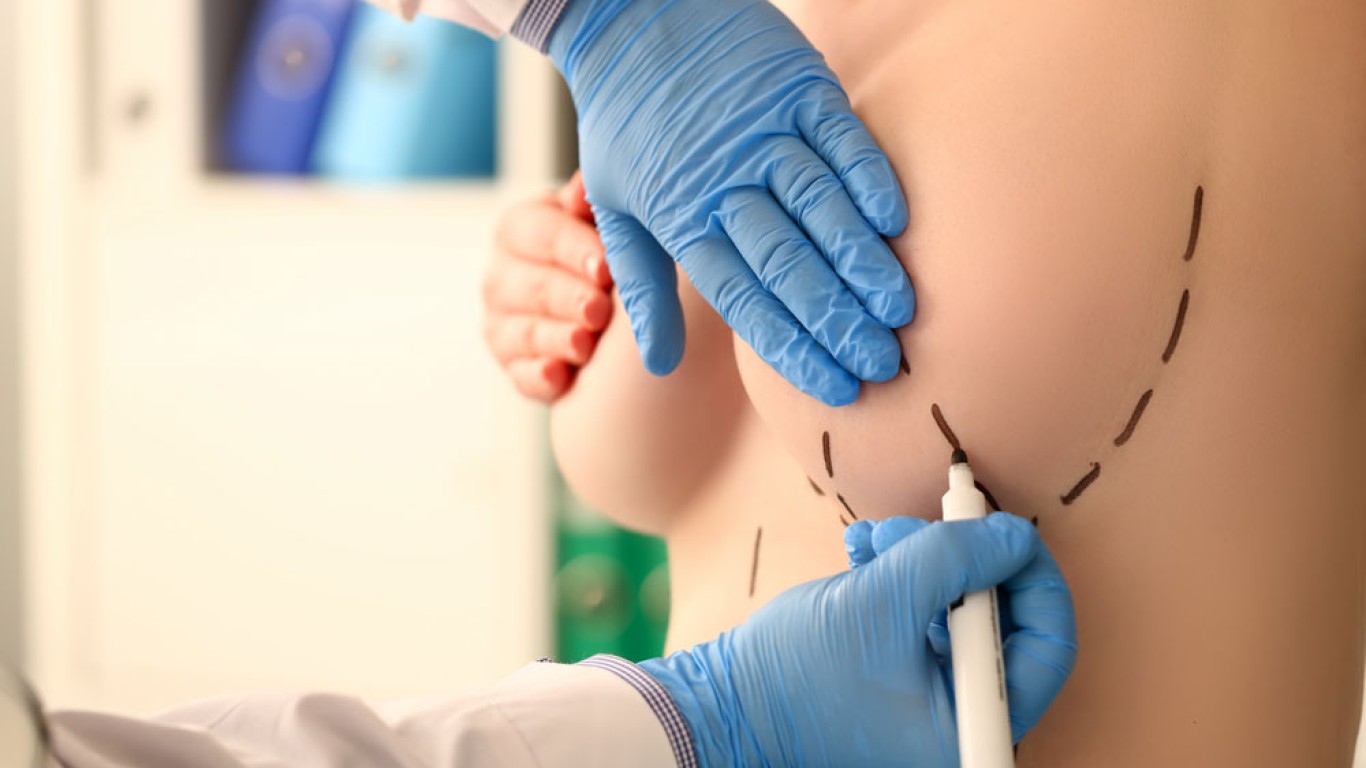After a breast augmentation, it’s normal to feel eager to see the final results. However, it takes time for each breast implant to settle into place fully. During the first few weeks, the implants often appear high or firm. As your body heals, they begin to soften and move into a more natural position. This settling process is known as “drop and fluff.” Understanding this timeline helps set realistic expectations and supports a smoother recovery experience.
What Does ‘Drop and Fluff’ Mean?
“Drop and fluff” refers to how breast implants gradually shift into their final position after surgery. Initially, your muscles and skin hold the implants in a tight, high position. As the swelling goes down, the implants drop lower on the chest.
Simultaneously, the surrounding tissues adjust, allowing the implants to “fluff,” or take on a rounder, softer appearance. This process happens naturally and varies from person to person.
How Long Does It Take for Breast Implants to Settle?
Generally, most breast implant settling occurs within three to six months. However, some patients see noticeable changes even earlier.
By the six-week mark, you’ll likely see the start of the “drop” phase. Over the following weeks, the implants soften and shift into a more natural position. Full results are often visible by the third or fourth month.
That said, it can take up to a year for the final shape and position to stabilise fully.
Do All Breast Implants Settle at the Same Speed?
Not exactly. The settling speed depends on several factors, including implant size, placement, and your body’s healing response.
For instance, implants placed under the muscle tend to take longer to settle than those placed over it. Larger implants may take more time due to the increased tissue adjustment needed. Additionally, if you have tight skin or firm chest muscles, your implants may settle slower.
Can One Breast Settle Faster Than the Other?
Yes, and this is very common. One breast implant may drop or soften more quickly than the other. This can cause temporary asymmetry that resolves over time.
Your surgeon will likely reassure you that this is a normal part of the healing process. As both breasts adjust, the symmetry should improve. Patience is key.

How Can You Support the Drop and Fluff Process?
While you can’t rush the process, certain actions may support smoother settling. Wearing a supportive surgical bra as directed helps manage swelling and offers stability.
Avoid underwire bras during early healing. Gentle massage techniques, if approved by your surgeon, can help soften the tissue. Additionally, avoiding strenuous upper body exercise allows your body time to heal without stress.
Following post-op instructions closely is essential for the best long-term results.
Does Breast Implant Placement Affect Settling Time?
Absolutely. Implant placement plays a major role in the settling timeline. Submuscular placement—under the pectoral muscle—usually takes longer to settle than subglandular placement—above the muscle.
Muscles naturally hold implants tighter at first. Over time, they relax and allow the breast implant to settle lower. Subglandular implants often drop sooner because they’re not restrained by muscle tissue.
Your surgeon will discuss the best option for your body type and goals.
What Should You Expect in the First Few Weeks?
In the first two to four weeks, expect your breasts to look high, swollen, and tight. This phase is normal. During this time, your body is managing inflammation and adjusting to the new implants.
You might feel firmness or even minor discomfort. As swelling reduces, the implants begin to shift. Most people see the beginning of “drop and fluff” around weeks four to six.
When Should You Be Concerned About Settling?
If one breast implant remains significantly higher or firmer than the other beyond six months, speak to your surgeon. Occasionally, implants may need more time. But, it’s good to have a professional check for any complications.
Other warning signs include ongoing pain, severe asymmetry, or changes in skin colour. While these are rare, it’s always safer to report them promptly.
How Do Breast Implant Results Evolve Month by Month?
The first month is mostly about healing and swelling reduction. By the second month, most people notice a clear difference in implant softness and position.
In months three and four, the majority of implants reach their natural position. By month six, most patients enjoy final results. After one year, the tissues are fully adjusted. Long-term shape and symmetry are typically established.
Do Different Implant Types Settle Differently?
Yes, the implant type also influences the process. Silicone implants often feel softer and settle more naturally than saline ones. However, saline implants may drop a bit faster due to their structure and weight.
Textured implants may settle differently than smooth ones. Every detail—from size to shape to placement—affects how and when your breast implant settles into place.
What If You Want a More Natural Look?
Many patients prefer a natural, teardrop shape. This look often takes time to develop as the implants drop and the tissues soften. Initially, implants can appear overly round or firm.
The “fluff” part of the process helps achieve that desired softness. With patience, the body adjusts. Most patients are pleased with the final appearance by the three to six-month point.
Can Lifestyle Choices Impact the Settling Period?
Yes, your lifestyle plays a part in healing. A healthy diet, no smoking, and limited alcohol intake can support better healing. Stress and poor sleep, on the other hand, can slow recovery.
Avoiding heavy lifting and intense workouts in the early weeks is critical. Listen to your surgeon’s advice. Then you’ll be more likely to enjoy a smooth recovery and excellent results.
Conclusion
The settling of a breast implant takes time, patience, and proper care. While early results can be exciting, true results appear gradually through the drop and fluff process. Most implants settle within three to six months, but the timeline varies by individual. Following your surgeon’s advice and taking care of your body are key to long-lasting satisfaction. If you have questions along the way, always consult your care team.
For more information on breast implants and to book a consultation visit the ACIBADEM Beauty Center Breast Augmentation webpage.
Frequently Asked Questions
Not right away. Stick to surgical bras until your surgeon advises a return to regular bras.
Yes, most implants feel natural once they drop and the surrounding tissues adjust properly.
Yes, temporary asymmetry is common and usually balances out within a few months.
Watch for softening, dropping and improved shape. If unsure, check with your surgeon.
Light walking is fine early on, but avoid upper body strain until cleared by your surgeon.













